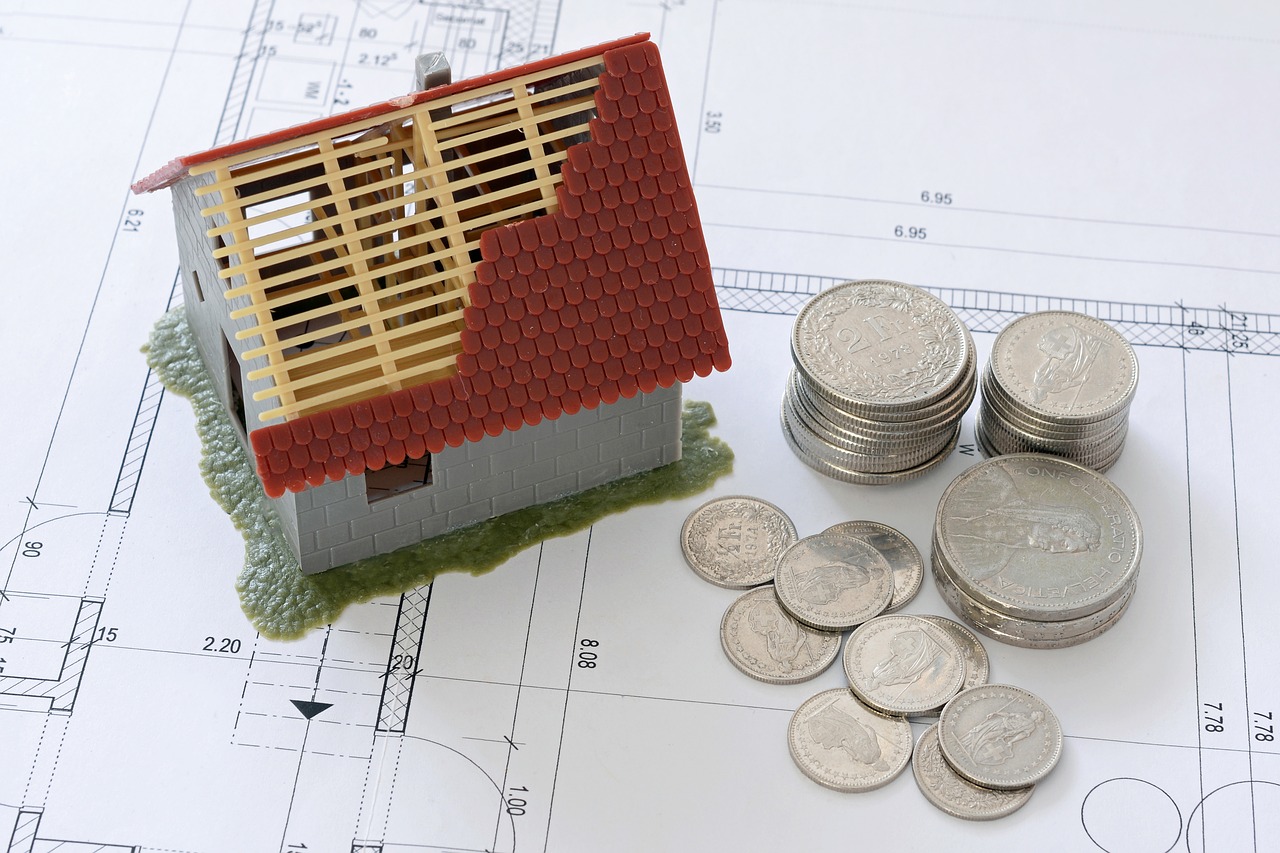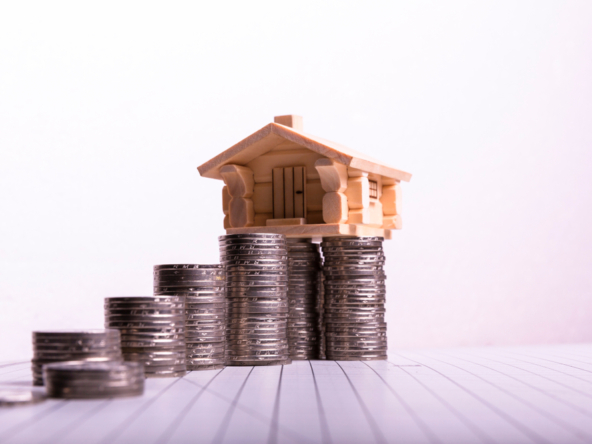Paying Tax On Your Rental Income – The Landlord’s Tax Guide
If you rent out your property, you’ll need to pay tax on your rental income. Your tax liability would depend on the profit you make as a landlord, along with other factors like the expenses you incur on your rental property and your other non-property income.
You’ll need HMRC to know about your rental income by filing a tax return. In case you’re a new landlord, it’s mandatory to register for self-assessment by October 5 following the tax year when you received rental income.
If you plan to rent out your UK-based property, you need to be aware of rental income tax rules. With this guide, we aim to help you and other Landlords.
Am I liable to pay tax on my rental income?
Yes, you’ll have to pay income tax on your rental income. Not sure what your rental income is? It’s the amount of money left after you deduct all allowable expenses from the rent you’ve received. The allowable expenses include the costs you incur to operate your rental business, like the fees paid to your letting agent, insurance premiums, etc.
What’s the tax payable on my rental income?
The extent of profit you make from the property you’ve rented out, along with the income you have from other sources, which could be your salary or pension, would determine the amount of tax that you’ll have to pay.
When it comes to rental income, the taxation bands and thresholds are the same as other income types. However, you’ll need to remember that when your rental income is added to your personal income, it could make you enter a higher tax band.
For the 2020-2021 tax year, residents of Wales, England, or Northern Ireland will belong to any one of the three income tax bands – the 20% basic rate (for taxable income between £12,501 and £37,500), the 40% higher rate (for £37,501 to £150,000 taxable income), and the 45% additional rate (for taxable income of £150,001 and above). Your personal allowance on taxable income of up to £12,500 would have a 0% income tax rate. But your personal allowance would begin to decrease once your earnings reach £100,000.
What’s included in rental income?
As a landlord, the key element of your rental income will be the rent you receive. However, it could also include additional costs that you make your tenants pay, such as any utility bills, maintenance, cleaning charges for shared areas, etc., included in the rent. In case you retain a part of your tenant’s security deposit until the tenancy ends, that amount too should be included under costs. From your rental income, you can deduct such costs as allowable expenses, though.
Allowable expenses – what are they?
To decrease your tax bill, you can claim some expenses associated with running and maintaining your rental property. These are allowable expenses that refer to the daily costs of tenancy management.
They include:
- Management and letting agent fees
- Accountants’ fees
- Legal fees associated with rent collection
- Landlord insurance
- Cleaning and gardening fees paid by you
- Advertising expenses to find tenants
- Ground rent as well as service charges
- Phone calls and stationery used directly for your property business
Let’s consider an example that shows how you can calculate tax on your rental income.
You charged your tenant a monthly rent of £750. You also retained £500 of the tenant’s deposit (which he/she agreed to) to cover repairs for damages they could have caused. In this scenario, your annual income needs to be declared as £9,500. However, you can subtract £500 for repairs as an allowable expense.
What to do if I earn rental income from several properties?
As a landlord, you could be receiving rent from multiple properties. In such cases, you can add all the rents you receive from these different properties together and subtract all of their expenses. Thus, you would be able to offset one property’s expenses against another property’s rent. However, the rules differ where you rent out a property and hold a share in a property company since these two types of rental income can’t be combined.
If you rent out property located overseas, the applicable rules would be different, making it essential to seek legal advice from a professional.
What’s trading income?
The money you get from additional services, which aren’t usually offered by landlords, like providing meals, laundry, cleaning rooms, etc., is called trading income. Such income can’t be combined with your rental income and will thus be treated separately.
Declaring my rental income – how do I do it?
If your total rental income stands at £2,500 after expenses or is over £10,000 before expenses, you’ll need to file a tax return. If your income from a rental property is below £2,500, you have to get in touch with HMRC, which may consider collecting your tax via your PAYE code.
Every tax year starts from April 6 and runs until April 5 the subsequent year. You would need to include the rents you receive in the tax year up to April 5, 2020, in your online tax return that you must file by January 31, 2021. In case you’re a new landlord and haven’t filed a tax return earlier, you should have registered yourself for self-assessment by October 5, 2020.
What to do if I’ve incurred losses on my rental income?
If you’ve incurred losses in your property business in a year, you can offset it against the rental income you receive in the future. But you can’t offset it against other types of income.
Say you’ve incurred a loss of £2,000 in 2018-19 but made a £5,000 profit in 2019-20. In this case, you can deduct your previous year’s loss from your profit. Thus, you’ll need to pay tax on £3,000 (£5,000-£2,000).
If your profit in 2019-20 was just £1,000, it’s allowed for you to carry over the rest of the £1,000 loss into 2020-21.
What’s my tax liability when my rental property is sold?
Selling your rental property would attract capital gains tax (CGT), which would be payable on the property’s value appreciation for the period it was under your ownership. If you’re a basic rate taxpayer, CGT would be charged at 18%, but it would be 28% if you’re taxed at the higher rate.
You can claim a tax reduction if the property has served as your primary residence, but it’s recommended to get advice on the matter from an experienced accountant.




